If Lexus and Tesla Were Neighbors: Unveiling the Potential for Growth
![]() 12/27 2024
12/27 2024
![]() 660
660
Introduction | Lead
Amid the elite lineup of luxury brands in China's first- and second-tier cities, Lexus stands out as the sole fully imported brand yet to embrace domestic production. Rumors of its impending localization have circulated periodically, with the latest buzz suggesting that Lexus might follow Tesla's footsteps by establishing a wholly-owned factory in Shanghai.
Produced by | Heyan Yueche Studio
Written by | Zhang Dachuan
Edited by | He Zi
2608 words in full text
4 minutes to read
Please enter the title abcdefg
This time, Lexus' move towards domestic production appears more than just a rumor.
Recent Japanese media reports indicate that Toyota intends to set up an independent factory in Shanghai, China, primarily to manufacture Lexus electric vehicles for the Chinese market. Further reports suggest that Toyota has already secured land for the factory, which is expected to commence operations around 2027. Toyota has declined to comment, but multiple sources confirmed to Heyan Yueche that negotiations with relevant parties might be underway.
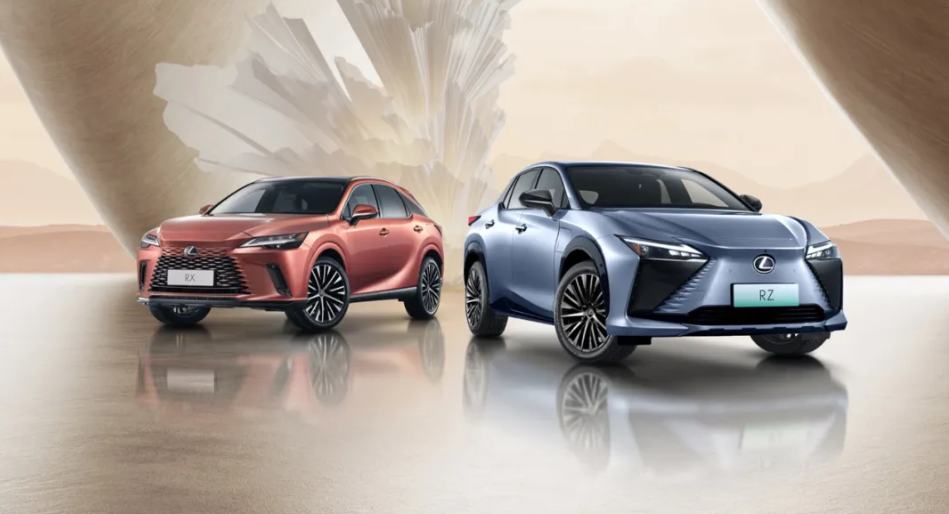
△ Japanese media reports suggest that Lexus plans to build a wholly-owned factory in Shanghai
According to Toyota's earlier plans, Lexus aims to achieve 100% sales of pure electric vehicles in China, North America, and Europe by 2030, with global electrification by 2035. Toyota's BEV Factory will launch next-generation BEV pure electric products starting in 2026, prioritizing Lexus due to its higher brand positioning. Hence, a new factory dedicated to electric vehicles in China is imperative, both to meet Lexus' electrification needs and Toyota's 2026 sales target of 1.5 million electric vehicles.
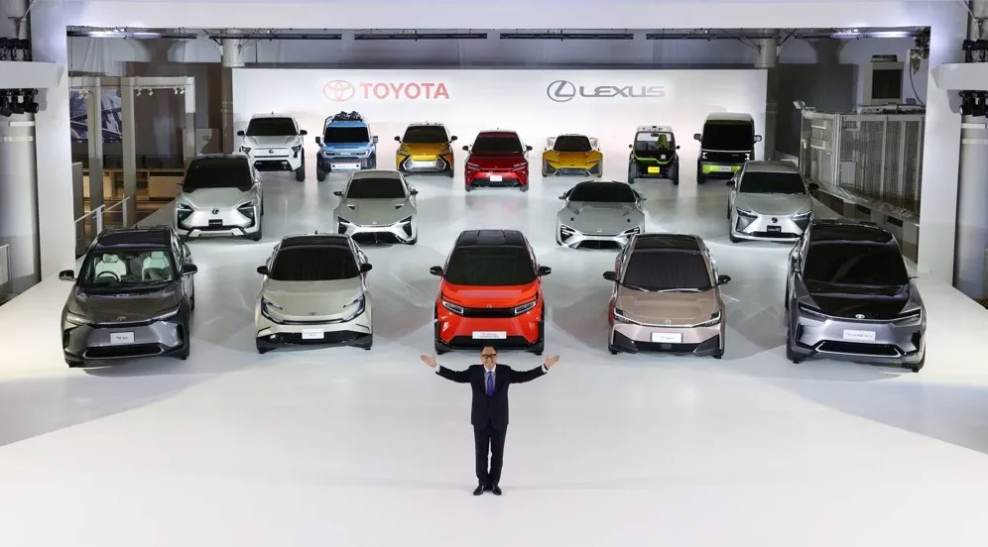
△ Lexus has outlined a crystal-clear electric vehicle strategy
The Advantages of a Wholly-Owned Factory
Following Tesla's breakthrough in domestic sole proprietorship factory construction, foreign automakers have eagerly sought to establish their own factories in China. The advantages are evident:
Domestic production will inevitably accelerate Lexus' delivery in China and significantly reduce response time to customer demands. By locating its electric vehicle factory in Shanghai, Lexus can emulate Tesla, leveraging the robust and cost-competitive new energy vehicle supply chain and supporting global deliveries from the Shanghai factory, achieving dual benefits. Additionally, the high import tariffs faced by imported cars will vanish, granting domestically produced Lexus models greater pricing flexibility.
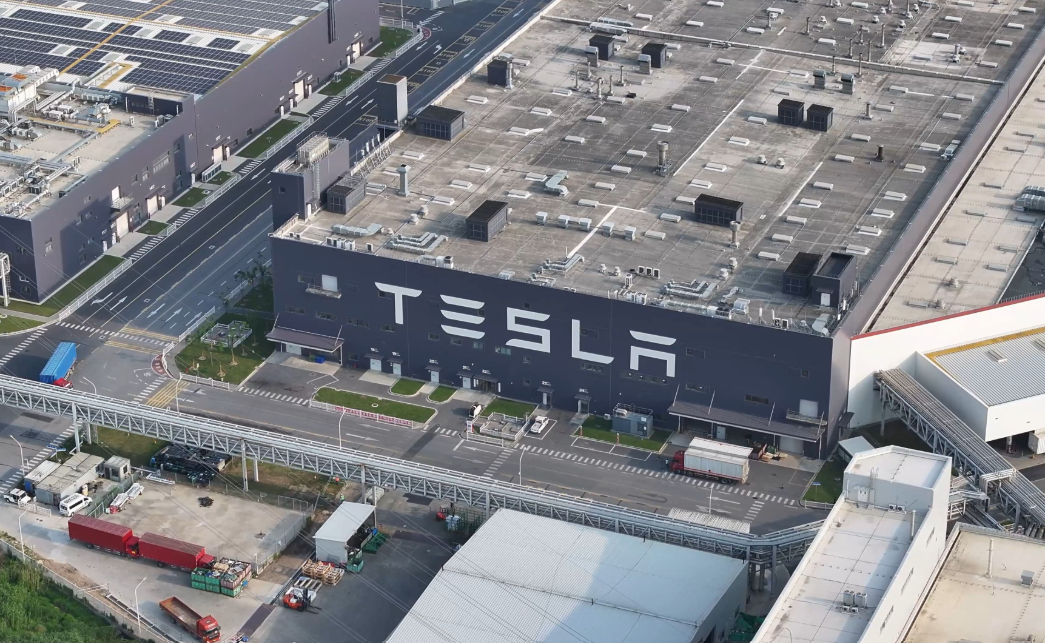
△ Lexus could follow Tesla's lead by establishing a wholly-owned and controlled factory in Shanghai
Furthermore, establishing a wholly-owned factory in China offers two strategic advantages. Firstly, foreign automakers avoid profit-sharing with domestic partners, a long-standing gripe due to previous joint venture policies. Secondly, it addresses intellectual property concerns. Tesla's decision to establish a wholly-owned factory in China was primarily driven by intellectual property protection rather than profit-sharing. A wholly-owned factory eliminates the risk of intellectual property leakage, alleviating multinational automakers' concerns.
However, every silver lining has a cloud. Lexus' growing sales in China have benefited from its imported status. Domestic production might dampen enthusiasm among consumers who previously favored imported cars, a factor that may have delayed Lexus/Toyota executives' decision on local production. Yet, given China's automotive manufacturing prowess, if Toyota/Lexus transfers its quality management system to the Chinese factory, domestically produced Lexus electric vehicles can maintain high quality.
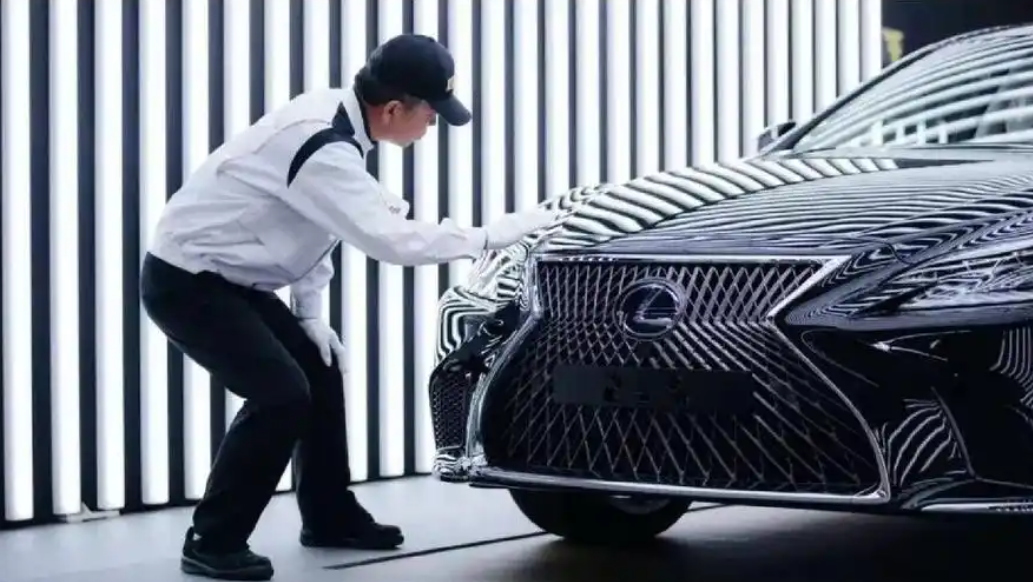
△ Imported status is a key factor in Lexus' popularity in China
Toyota's China Strategy May Undergo Significant Adjustments
Despite participating in domestic price wars, Lexus has maintained solid performance. After record sales of 227,000 units in 2021, it sold 176,000 and 181,400 units in 2022 and 2023, respectively. In the first 11 months of 2024, Lexus' cumulative sales in China exceeded 160,000 units, making it one of the few luxury brands to achieve positive sales growth.
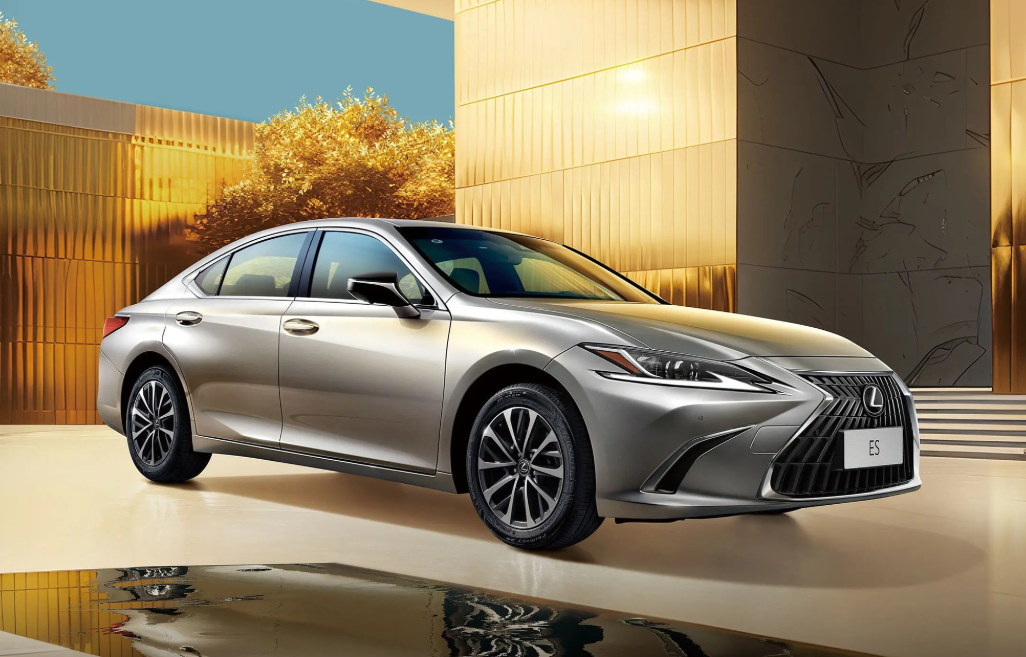
△ Despite challenges, Lexus' terminal sales remain stable
Lexus' domestic reputation has sustained stable sales despite the luxury market's overall poor performance. While it has participated in price wars, effective terminal price reductions have outperformed second-tier brands. This performance may have prompted Lexus/Toyota executives to consider local production.
Currently, as Toyota increases investment in Lexus in China, other adjustments may follow. Rumors suggest relocating FAW-Toyota's headquarters to its Tianjin factory, offering N+7 compensation to unwilling employees. Model consolidations are also possible. Like Volkswagen, Buick, and Hyundai, Toyota faces adjustments amid rising autonomous brands and descending luxury brands.

△ Toyota may also consolidate its models sold in China
Lexus' Counter-Trend Layout Deserves Praise
In recent years, foreign automakers have struggled in the domestic market due to price wars, with occasional rumors of market exits. However, this challenge is shared by both foreign and domestic automakers, with many newcomers falling and traditional brands being marginalized. Competition will intensify in the next two to three years, with automakers striving for market share.

△ The market share left by fallen domestic newcomers must be filled by other automakers
Over the past 20+ years, the domestic automotive market has seen rotating successes. Every automaker experiences peaks and troughs. As the world's largest automaker, Toyota has strong self-regulatory capabilities. Previously, it overlooked electric vehicles, missing out on domestic new energy vehicle growth. However, as it adjusts its strategy, competitive electric vehicles are imminent. Toyota will remain a formidable competitor for China's autonomous brands in both domestic and global markets.
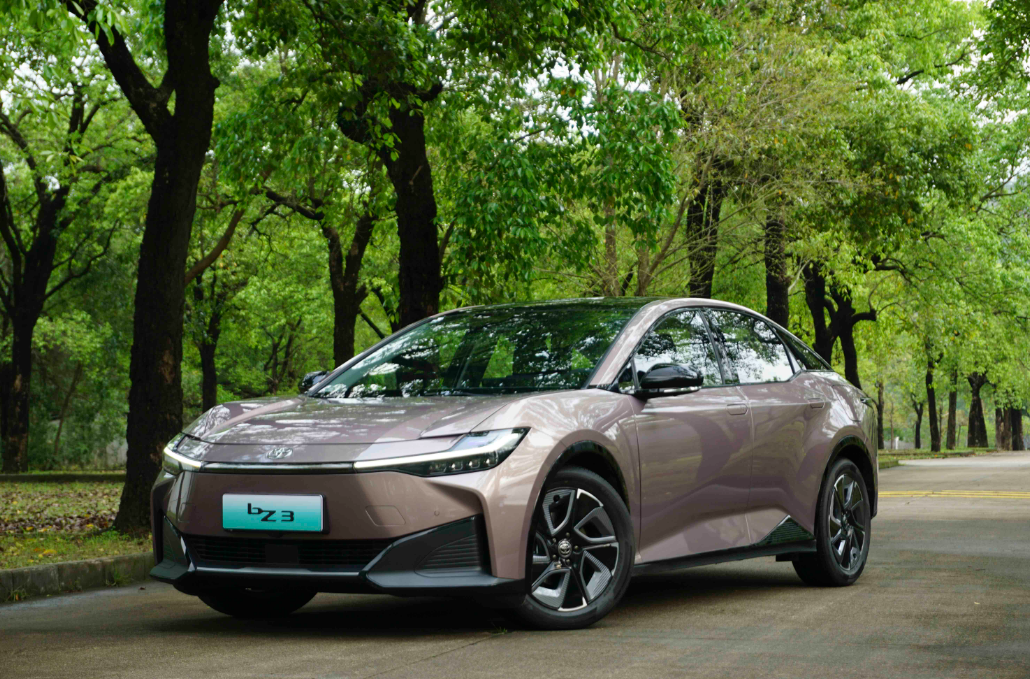
△ Toyota continues to increase investment in the domestic electric vehicle market
As the world's largest automotive market, China leads in new energy and intelligent connectivity. Establishing a factory in China not only reduces costs and boosts sales for Lexus but also facilitates collaboration with domestic high-tech companies. Integrating Chinese technology can enhance Lexus' and Toyota's competitiveness.
Commentary
If Lexus ultimately establishes a wholly-owned factory in Shanghai, akin to Tesla, it will be a win-win for both Lexus/Toyota and China. Increased Toyota investment in China will create jobs and tax revenue, while the Lexus electric vehicle factory, integrated into China's new energy vehicle supply chain, can become a global hub similar to Tesla's Shanghai Gigafactory.
(This article is original content by Heyan Yueche Studio and may not be reproduced without authorization)








